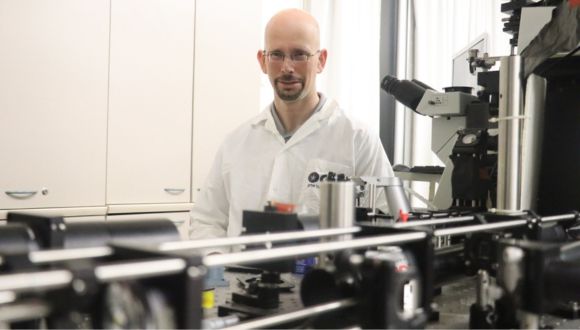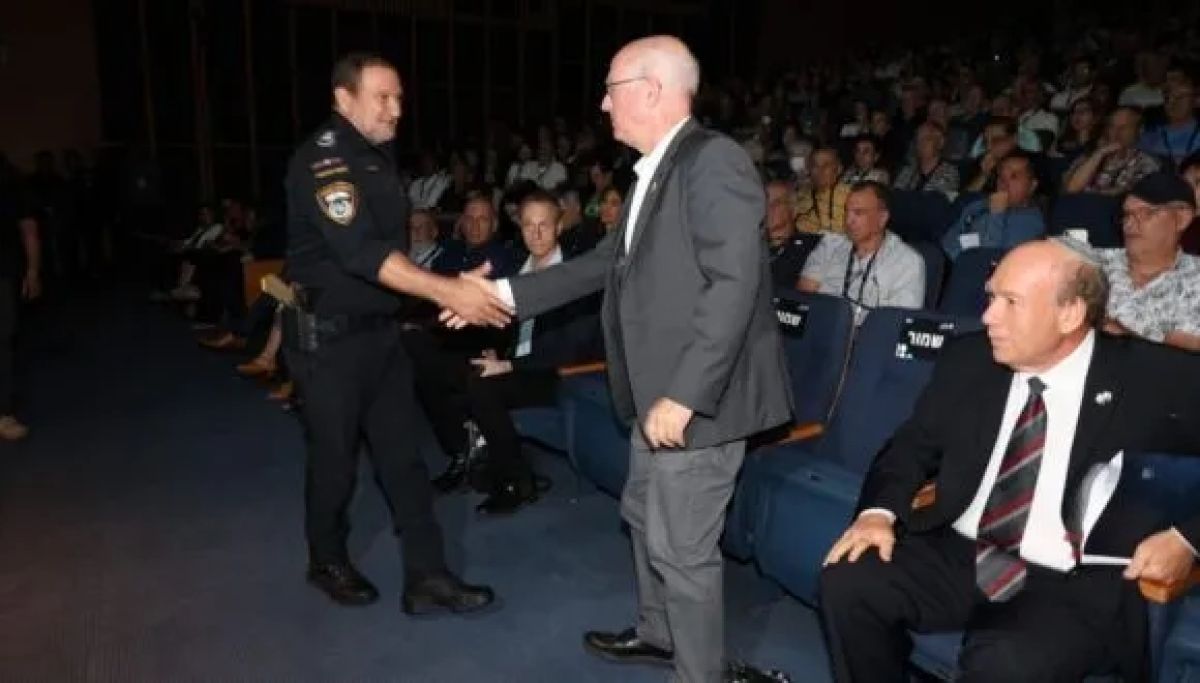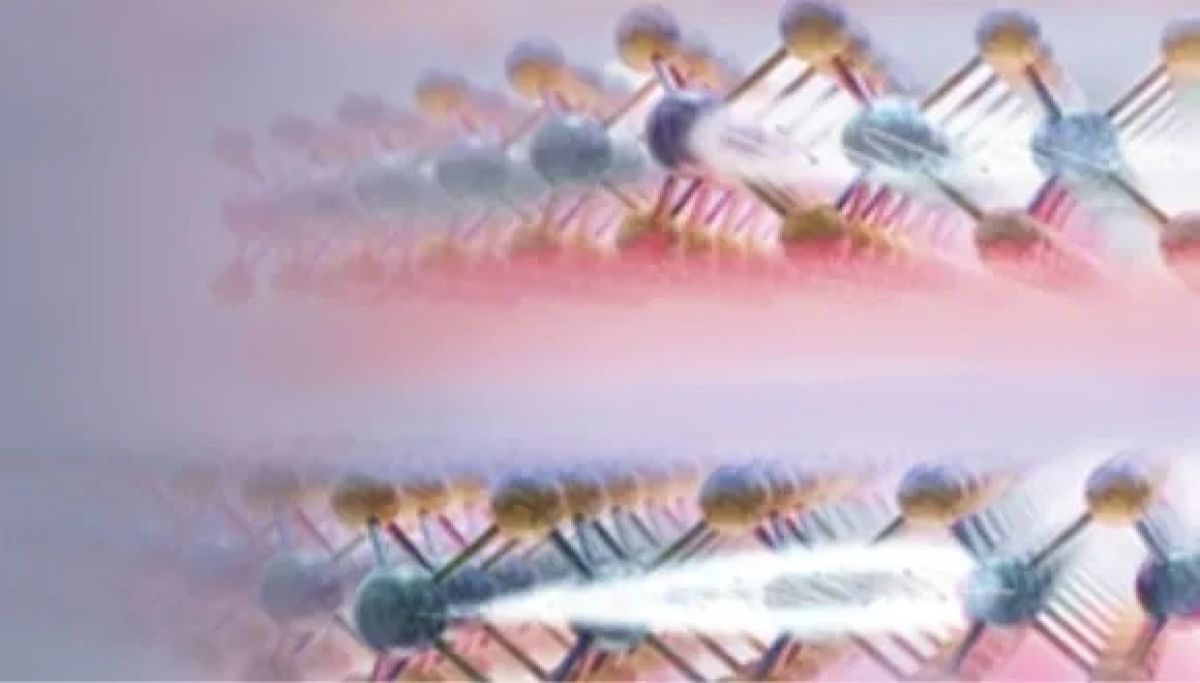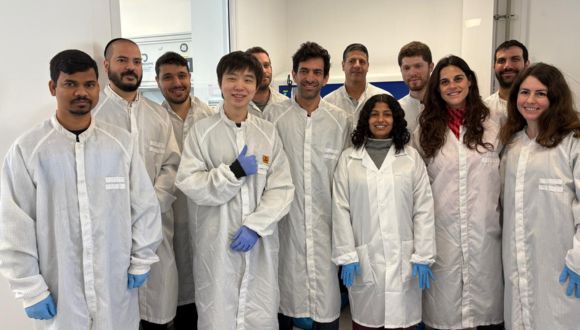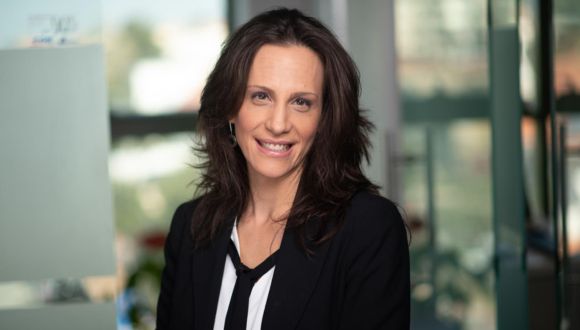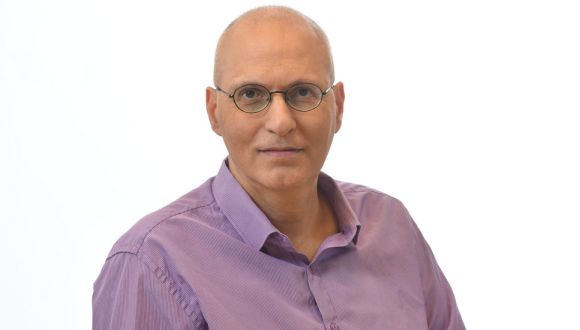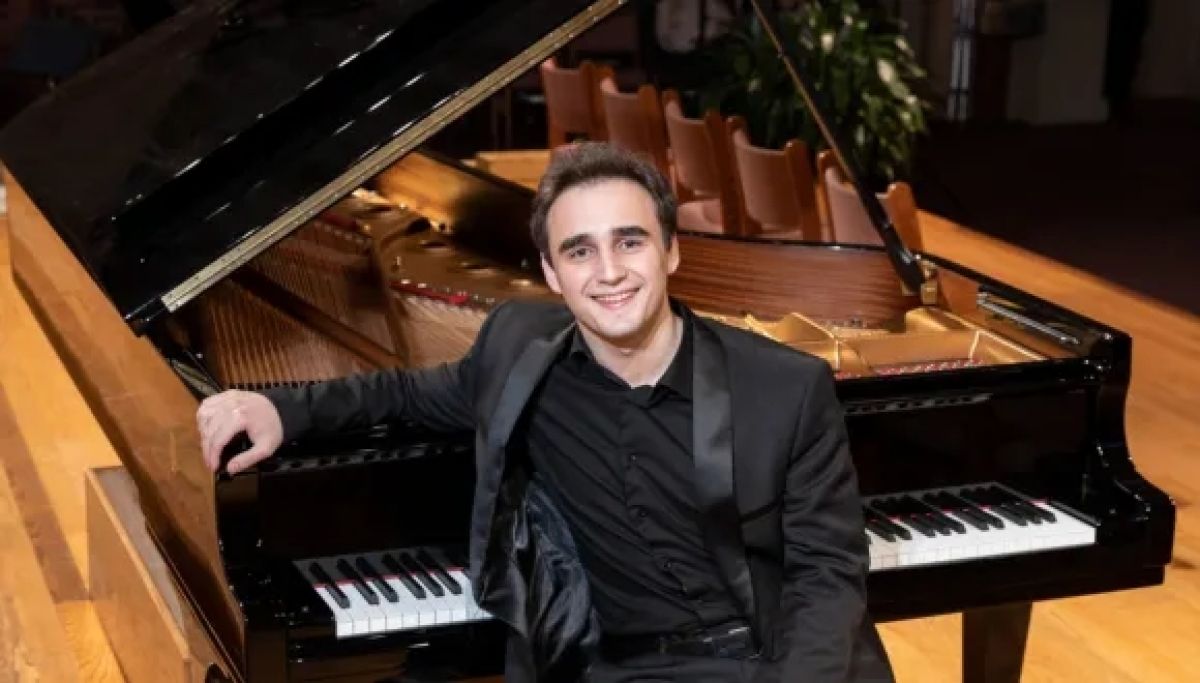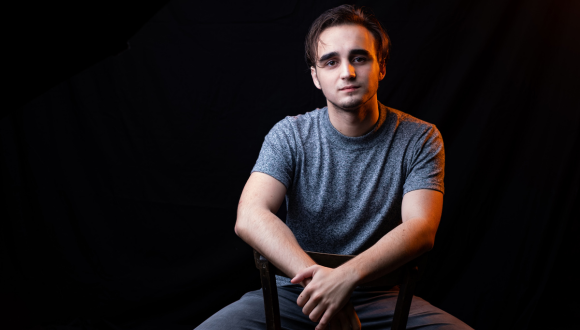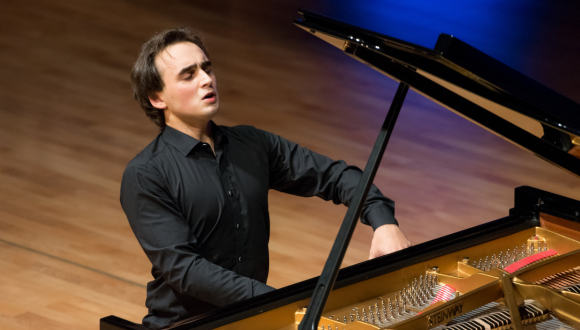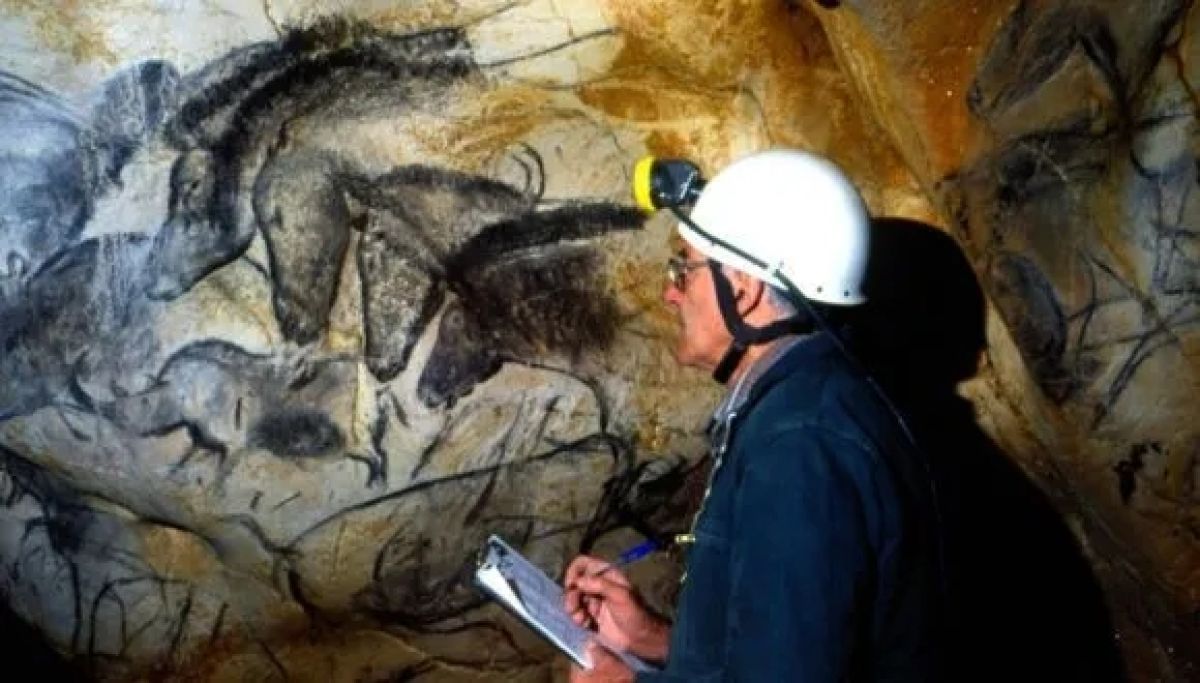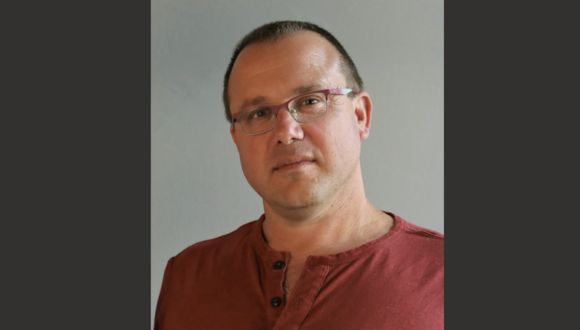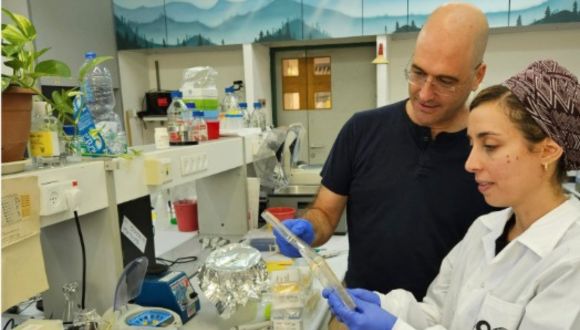When Marine Animals Become ‘Plastic Distributors’
Marine animals eat and release microplastics, harming the environment.
A new Tel Aviv University study has uncovered alarming findings about the spread of microplastic particles in the marine food web. In recent years, numerous studies have examined the dangers of aquatic animals and more specifically, filter-feeding organisms, ingesting non-degradable microplastic particles. In the current study, the research team sought to understand how the biological filtration by filter-feeding organisms affects the microplastics in their environment. The findings indicate that the particles are excreted in the feces of marine animals, causing them to be unidentifiable as plastic to the aquatic environment, but potentially as other organic matter suitable for consumption.
Additionally, the presence of microplastic within feces affects the feces dispersal which causes accumulation of feces and plastic particles. This may increase carbon and nitrogen levels on the seafloor and lead to algal blooms, which have a critical impact on the balance of the marine food web.
The research was conducted by PhD student Eden Harel of the School of Zoology in the Wise Faculty of Life Sciences, Prof. Noa Shenkar of the School of Zoologyand the Steinhardt Museum of Natural History, and Prof. Ines Zucker of the School of Mechanical Engineering and the Porter School of Environment and Earth Sciences, all at Tel Aviv University. The study was published in the journal Chemosphere.

Prof. Shenkar during a research dive (Photo credit: Dr. Tom Shlesinger).
Prof. Shenkar explains: “About a decade ago, when awareness of the plastic pollution problem in the marine environment began to grow, many researchers focused on identifying the location and scale of microplastic particles. Recently, the research focus has shifted to the effects and damage caused by microplastics. However, many experiments in this field are conducted using clean, purchased plastic, whereas in the sea, plastic particles are exposed to a wide range of influences and pollutants. We aimed to examine whether and how plastic changes after passing through the digestive system of a marine organism and how this process affects the presence of plastic and its availability to other organisms”.
How Marine Organisms Process Microplastics
The researchers created an experimental system in the lab simulating seawater containing ascidians — marine animals that feed by efficiently and indiscriminately filtering tiny particles from the water. They exposed the ascidians to two types of plastic particles: conventional polystyrene (PS), which is widely used, and polylactic acid (PLA), marketed as a biodegradable, environmentally friendly bioplastic. They then examined the impact of the ascidians’ filtration process on the concentration and distribution of plastic particles in the water at four intervals: at the time of exposure, after two hours (when the ascidians had filtered all available water and ingested the microplastic particles), after 24 hours, and after 48 hours (following digestion and the excretion of feces into the water).
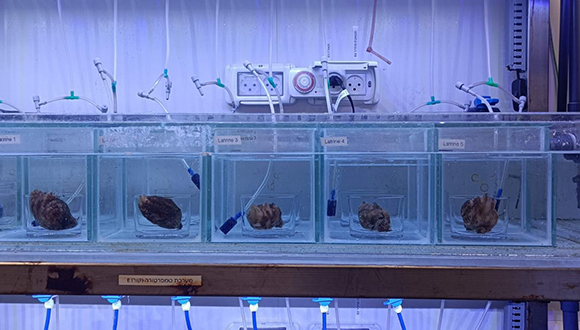
The laboratory at Tel Aviv University where the experiment was conducted (Photo credit: Eden Harel).
The findings showed that approximately 90% of the polystyrene particles were removed from the water after two hours of filtration, but all the particles returned to the water after 48 hours, following passage through the digestive system. In contrast, the concentration of PLA particles in the water significantly decreased and remained low for 48 hours, larger PLA particles likely broke down during digestion and returned to the water as smaller undetectable nano-sized particles.
In the second phase of the study, the researchers examined what had happened to the microplastic particles that were filtered, digested, and excreted back into the water column. To do so, they isolated microplastic particles from the ascidians’ feces and analyzed them using Raman spectroscopy, an advanced device that identifies the chemical composition of materials by scattering a laser beam.
Eden Harel explains: “We found that the sensitive spectroscopy device could not identify the material as plastic at all and instead identified the particle as another type of organic material. Our findings revealed that microplastic particles are excreted from the ascidian’s digestive system coated with a fecal layer, and it is likely that the marine environment also identifies these particles as this organic material. Since many marine animals feed on feces, they may well ingest plastic that has changed its properties, identifying it as food. In this way, they are also exposed to microplastics and spread them further within the marine food web. The fecal coating may serve as a substrate for bacterial colonization and increase the adhesion and accumulation of pollutants such as heavy metals and residual organic substances (like antibiotics) on the plastic particles”.
Prof. Zucker adds: “This phenomenon also affects bioplastics marketed as ‘biodegradable’: unless conditions are met for their complete breakdown, they remain as particle pollution that changes properties during passage through the digestive system. The many transformations plastic particles undergo in the environment — from weathering to digestive processes, as investigated in this study — turn them into carriers of pollutants and diseases within the food web”.
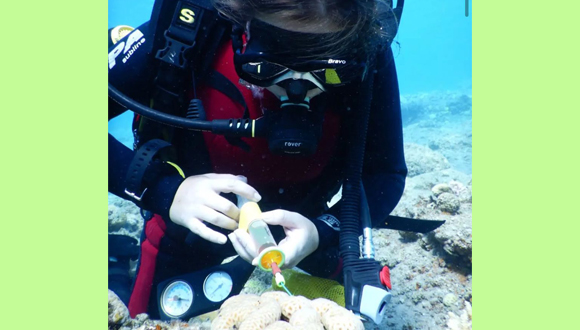
The researchers analyzing the secretions of marine animals (Photo credit: Eden Harel).
What’s the Impact of Microplastics on Marine Life?
In the third phase of the study, the researchers examined the reverse effect: how microplastic particles affect feces, an organic material that plays a vital role in marine ecology. Eden Harel explains: “We found that plastic changes important physical properties of feces. Normal feces sink very slowly through the water column, serving as food for many organisms along the way. In contrast, feces containing microplastic particles sink rapidly to the seafloor. This removes an important nutrient source from the water column. Additionally, the faster sinking rate decreased the dispersion of the feces causing accumulation of feces and plastic particles near where the animals are settled. This accumulation can increase carbon and nitrogen levels on the seafloor and trigger algal blooms, representing another critical impact of microplastics on the balance of the marine food web”.
The researchers conclude: “In this study, we uncovered significant aspects of the influence of filter-feeding animals on the characteristics of microplastic particles in their environment and within the marine food web. The most alarming conclusion is that the microplastic problem is far more complex than initially thought. Plastic pollution in the marine environment has many unexpected dimensions, and its complexities continue to grow. Sometimes, neither we nor the environment can even recognize it as plastic. As time goes on, plastic continues to harm more and more marine ecosystems. We must develop new technologies to mitigate this dangerous phenomenon”.



